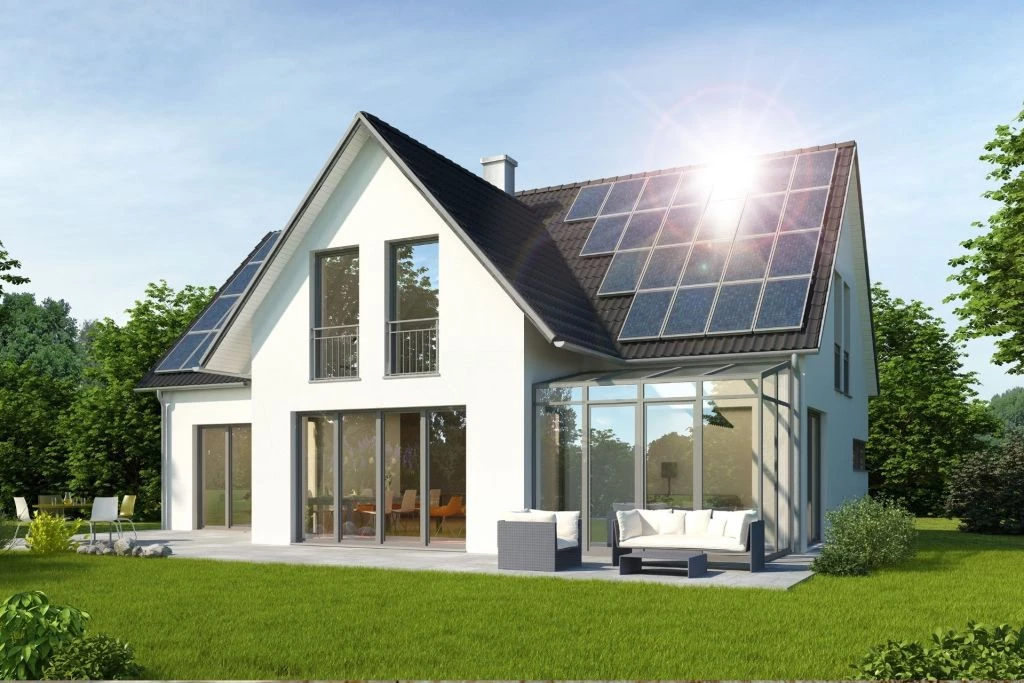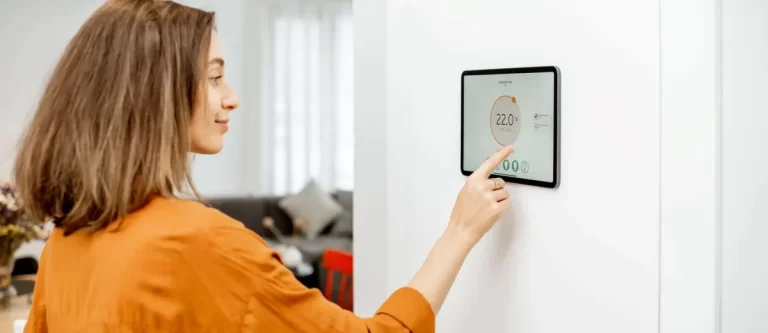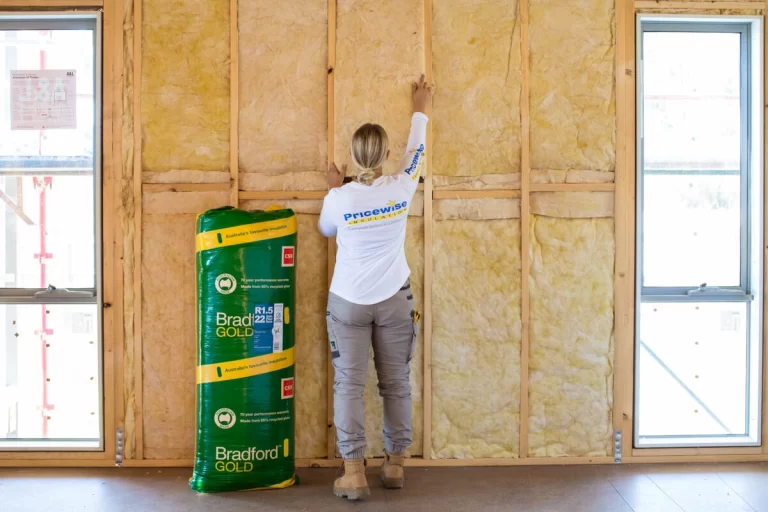Are Eco Houses Expensive to Build?
Discover the true cost of building eco-friendly houses. Learn about the factors that influence expenses, whether it’s a worthy investment, and the long-term benefits. Read on to find out if eco houses are expensive to build and how they can be a sustainable choice for the future.
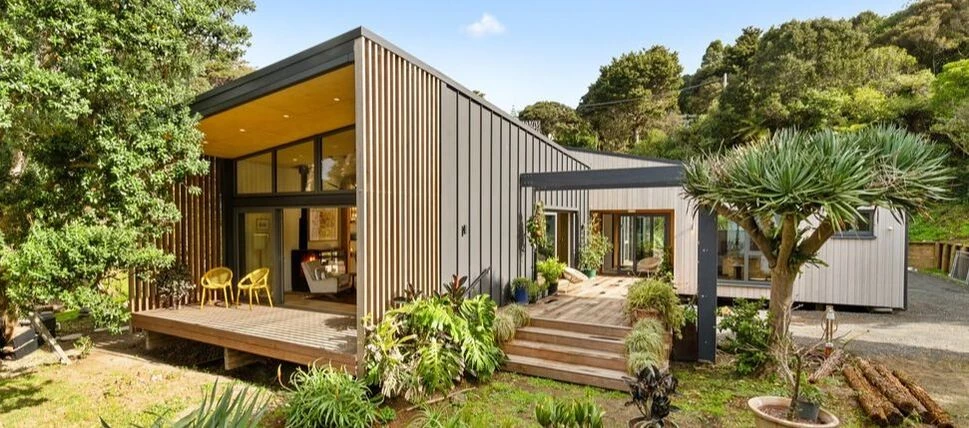
As environmental concerns continue to rise, more individuals are considering eco-friendly options for their homes.
Building eco houses has become a topic of interest due to their potential to reduce carbon footprints and create a healthier living environment.
However, there’s a common question that arises: “Are eco houses expensive to build?” In this comprehensive article, we will delve into various aspects of eco house construction, addressing its potential costs, benefits, and long-term value.
We’ll explore the components that contribute to the expenses and why investing in eco houses might be a prudent choice for both homeowners and the planet.
Are Eco Houses Expensive to Build?
minimizeEco houses, also known as green or sustainable homes, are designed to minimize their impact on the environment.
While they may involve a higher upfront cost than conventional houses, they often prove to be cost-effective in the long run.
Let’s explore the factors that contribute to the expenses associated with building eco houses:
1. Energy-Efficient Materials
Eco houses are constructed using sustainable and energy-efficient materials such as recycled steel, reclaimed wood, and low-impact concrete.
These materials might initially cost more than traditional ones, but they lead to reduced energy consumption and lower utility bills over time.
2. Advanced Insulation
Proper insulation is vital for maintaining a comfortable indoor temperature and reducing energy wastage.
Eco houses often employ advanced insulation techniques that might add to the overall construction expenses but result in significant energy savings in the future.
3. Renewable Energy Systems
One of the defining features of eco houses is their reliance on renewable energy sources like solar panels, wind turbines, and geothermal heating.
While installing these systems might increase the initial costs, they provide substantial long-term savings on energy bills and can even generate surplus energy to sell back to the grid.
4. Eco-Friendly Appliances and Fixtures
Eco houses are equipped with energy-efficient appliances and fixtures designed to minimize water and electricity usage.
Although these appliances might have a higher price tag, they contribute to substantial savings in utility bills over the years.
5. Green Certifications and Permits
Obtaining green certifications and permits is essential for eco house construction. While the certification process may involve additional expenses, it showcases the home’s commitment to sustainability and can increase its resale value.
6. Design and Architecture
The unique architectural designs and customized features of eco houses can incur higher design and construction costs. However, these distinctive designs often add to the overall value of the property.
7. Site Preparation
Eco houses may require specific site preparation, such as landscaping to enhance natural insulation, rainwater harvesting, or setting up space for renewable energy installations.
These preparatory measures can contribute to the overall costs.
8. Labor Costs
Specialized labor and construction techniques are often needed for eco house projects. Skilled workers experienced in sustainable construction may charge higher fees, impacting the budget.
The Economics of Eco Houses
Now that we’ve explored the initial costs of building eco houses, let’s delve into the economics of these sustainable homes.
1. Return on Investment (ROI)
While eco houses may require higher upfront investments, they tend to yield a higher return on investment over time.
The reduced energy expenses, potential tax benefits, and increased property value make eco houses a financially viable choice.
2. Lower Operating Costs
As mentioned earlier, eco houses have lower operating costs due to reduced energy consumption and water usage. Homeowners can save money on utility bills, ultimately offsetting the initial expenses.
3. Resale Value
Eco houses are in high demand as environmental awareness increases. The growing market for sustainable homes enhances their resale value, providing homeowners with an advantage if they decide to sell in the future.
4. Tax Incentives
Many governments offer tax incentives and rebates to homeowners who invest in eco-friendly housing. These incentives can significantly offset the initial expenses, making eco houses more affordable.
5. Health Benefits
Eco houses often incorporate natural and non-toxic building materials, improving indoor air quality and reducing health-related issues.
The long-term health benefits can lead to reduced medical expenses, further justifying the initial costs.
6. Insurance Premiums
Some insurance companies offer lower premiums for eco houses due to their reduced risk of fire and environmental damage. This can lead to additional savings for homeowners.
Addressing Concerns: Are Eco Houses Worth It?
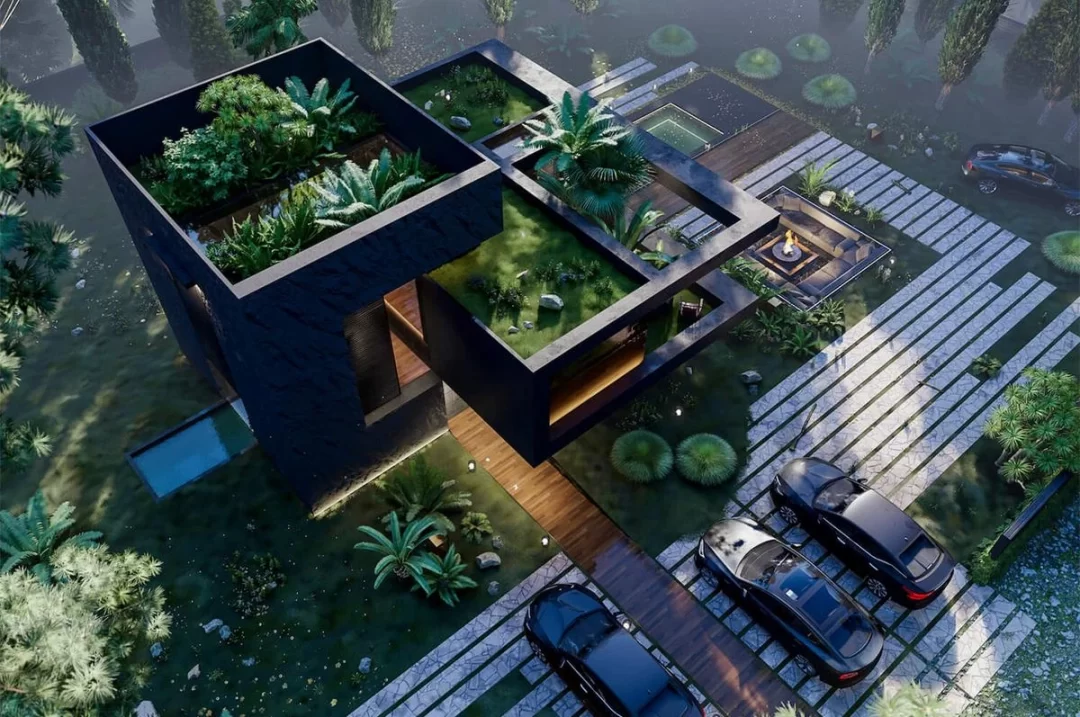
As with any significant investment, potential homeowners might wonder if eco houses are genuinely worth the initial expenses. Let’s address these concerns and explore why eco houses are a worthy investment.
1. Environmental Impact
Eco houses have a significantly lower environmental impact compared to conventional houses.
By choosing sustainable materials and renewable energy sources, homeowners contribute to a greener future and reduce their carbon footprint.
2. Health and Well-being
Living in an eco house can improve overall health and well-being. The absence of toxic materials, improved air quality, and access to natural light contribute to a healthier living environment.
3. Long-Term Savings
While the upfront costs might be higher, the long-term savings on energy bills and other expenses outweigh the initial investment.
Homeowners can expect reduced utility bills and better financial stability over the years.
4. Resilience and Durability
Eco houses are often built to withstand environmental challenges, such as extreme weather conditions. Their durability and resilience contribute to a longer lifespan, further justifying the investment.
5. Ethical Responsibility
Choosing to build an eco house reflects an ethical responsibility to protect the planet and its resources. By making this conscious choice, homeowners become part of the solution to environmental issues.
Conclusion
Are eco houses expensive to build? While they may involve higher initial costs compared to traditional houses, eco houses provide numerous long-term benefits.
The use of sustainable materials, energy-efficient technologies, and renewable energy sources not only reduces environmental impact but also leads to significant savings on utility bills.
Moreover, eco houses increase property value, contribute to better health, and align with ethical responsibilities towards the planet.
As environmental consciousness grows, investing in eco houses becomes a wise and sustainable choice for homeowners looking to secure their future while protecting the environment.
READ ALSO!!!
